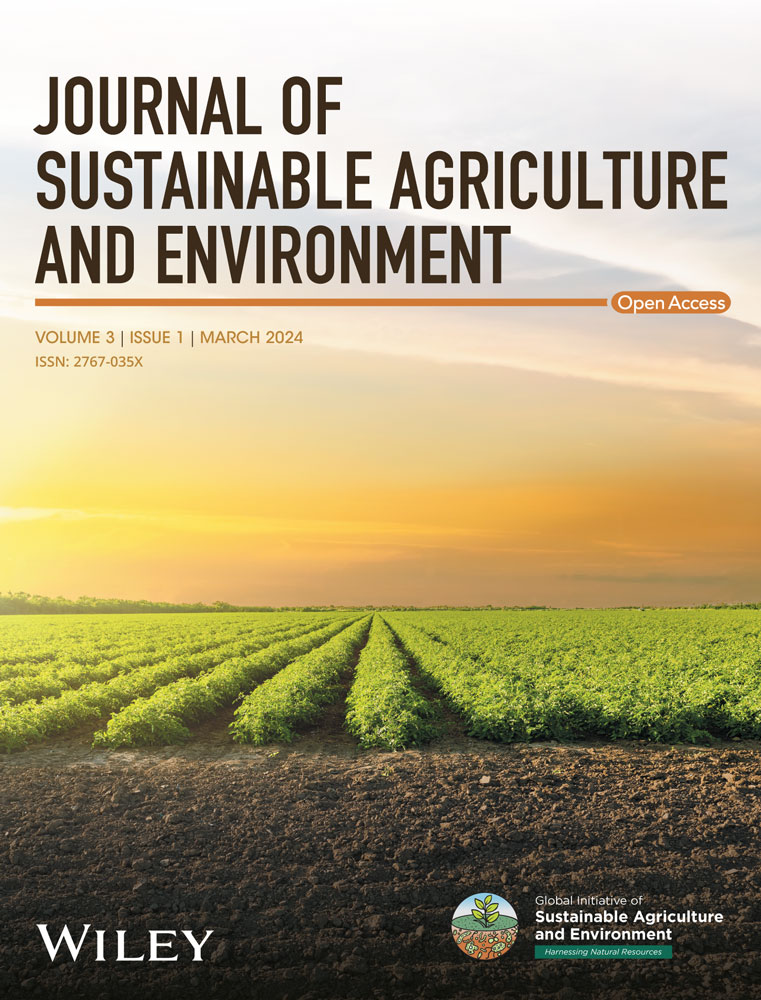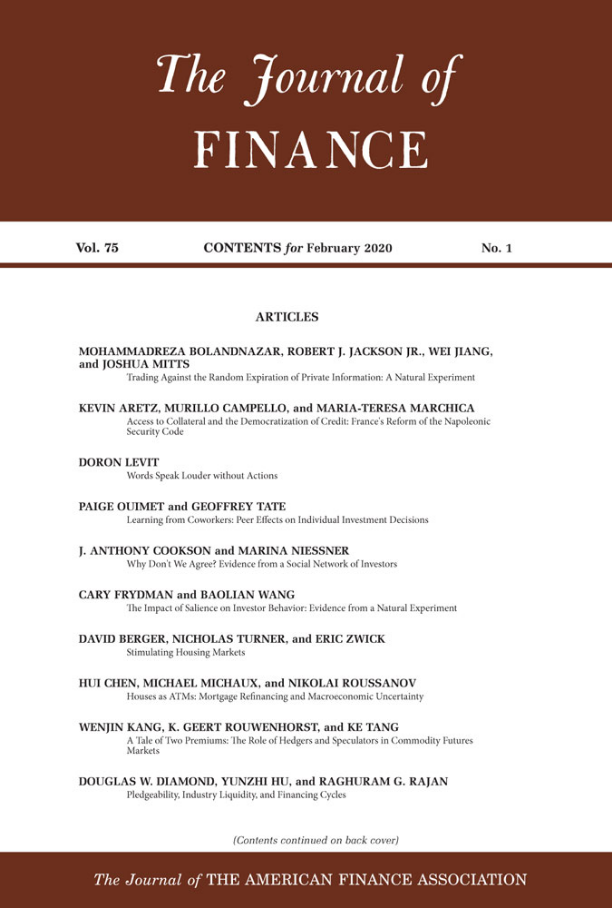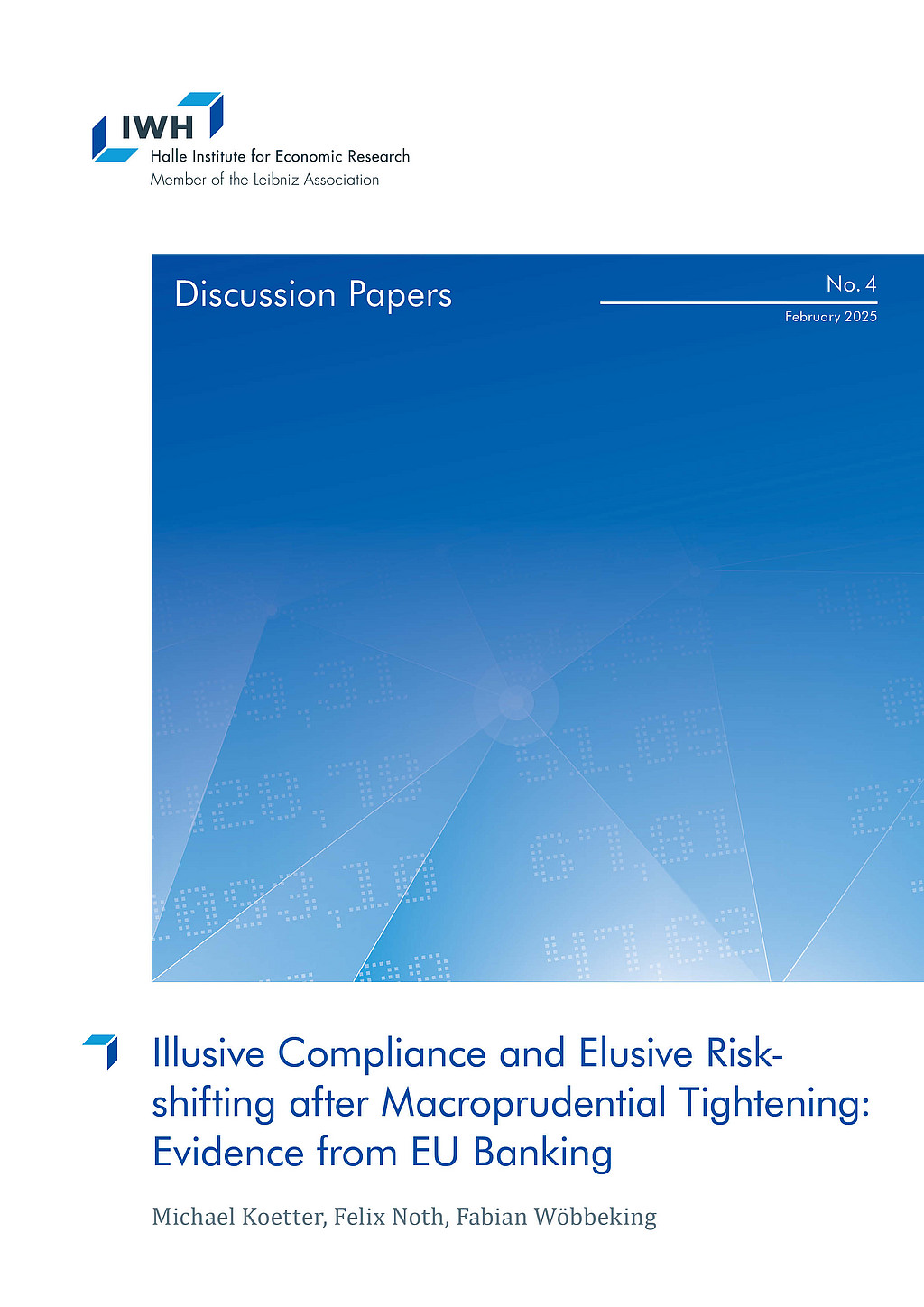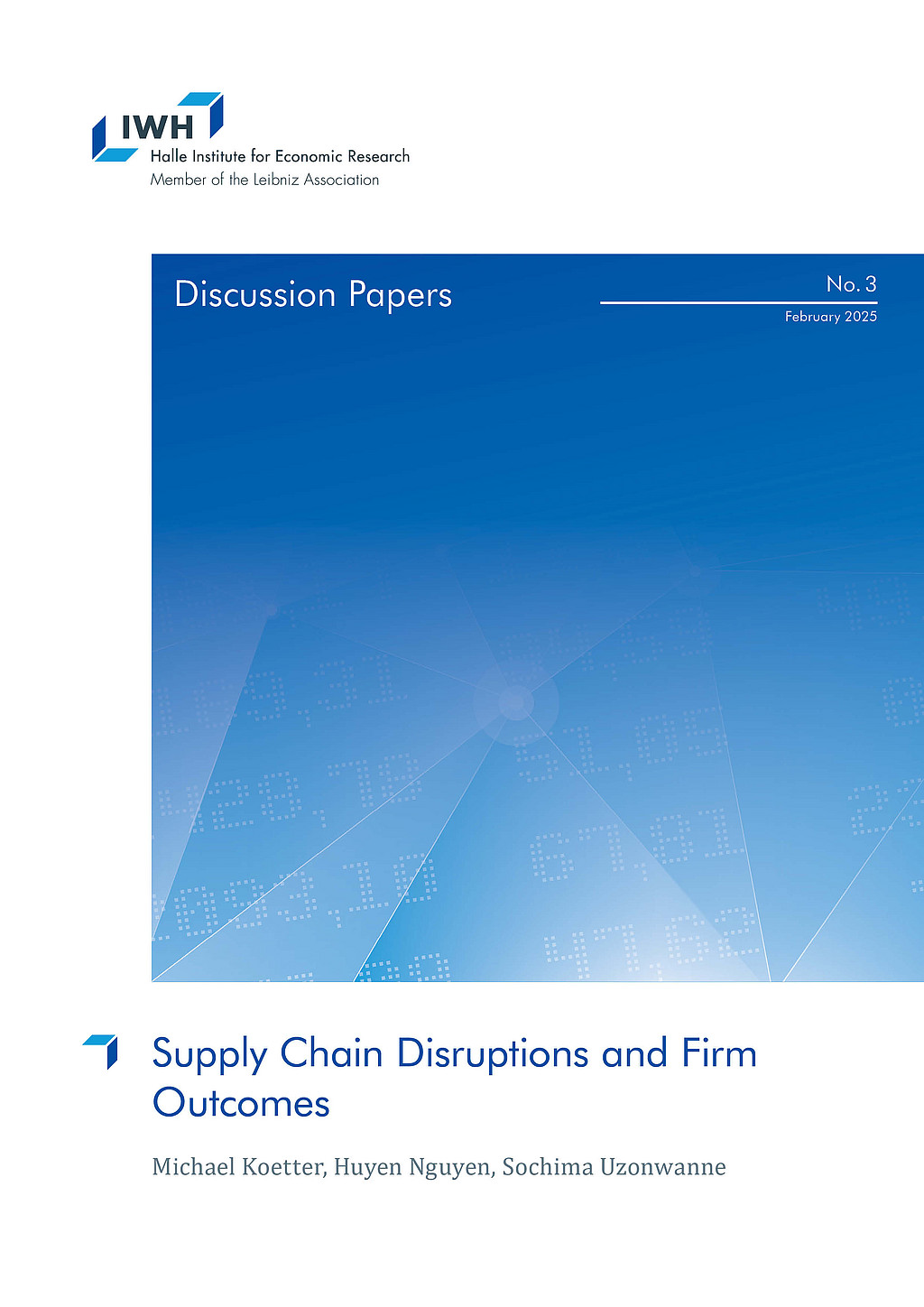Professor Michael Koetter, PhD

Current Position
since 10/20
Vice President
Halle Institute for Economic Research (IWH) – Member of the Leibniz Association
since 9/16
Head of the Department of Financial Markets
Halle Institute for Economic Research (IWH) - Member of the Leibniz Association
since 9/16
Professor of Financial Economics
Otto von Guericke University Magdeburg
Research Interests
- corporate investment allocation and aggregate growth
- financial intermediation
- financial stability and banking regulation
- risk taking and competition
- real implications of monetary and economic policy
Michael Koetter is a vice president of the institute and head of the Financial Markets department at IWH. He is Professor of Financial Economics at the Otto von Guericke University Magdeburg. The department is host to the annual FIN-FIRE conference on challenges to financial stability. His research concerns primarily empirical work on the interaction between financial institutions and systems, regulation, politics, and the real economy.
Michael Koetter obtained his PhD in economics from Utrecht University and his MSc in international economics from the University of Maastricht. Prior to joining IWH, he was a Professor at Frankfurt School of Finance & Management (2012-2016) and the University of Groningen (2006-2012). He currently serves as a member of the scientific advisory board of the Research Data and Service Center of Deutsche Bundesbank, an editor at the Economics of Transition and Institutional Change (ETIC), and as an Associate Editor of the Journal of Financial Stability. He consulted regularly central banks and served as the President of the IBEFA association.










